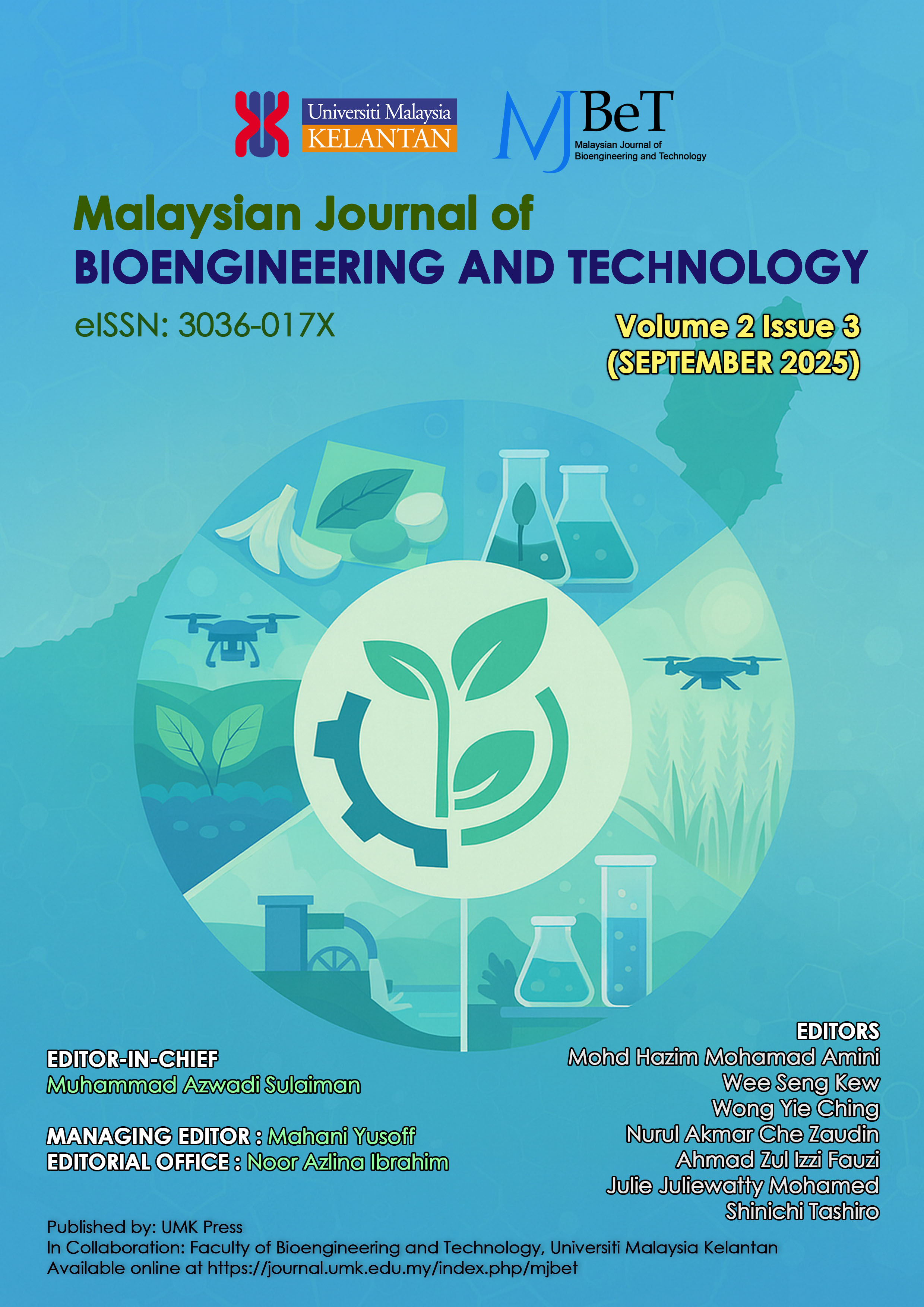Enhancing Electrical Engineering Education with Python AI: A Case Study at Pibulsongkram Rajabhat University
DOI:
https://doi.org/10.70464/mjbet.v2i3.1724Keywords:
Artificial intelligence in education, power flow analysis python, electrical engineering education, educational technologyAbstract
This paper specifically applies artificial intelligence (AI) techniques to power flow analysis, a core topic in the Power System Analysis course. Power flow problems involve iterative numerical computations that require computer-based solutions. The study was conducted at Pibulsongkram Rajabhat University, which currently offers an undergraduate program in Electrical Engineering. The researchers found that the utilization of AI programs requires high-performance computing systems to handle intensive processing tasks. Therefore, a series of tests was conducted using complex computational problems on laboratory-based computers in order to evaluate both the performance and the processing time of the computing systems for AI program execution. In this study, a 3, 9, 14, and 30-bus power system model was utilized as a test case. To evaluate the feasibility and performance of AI-assisted power flow analysis in an educational setting, the developed Python-based AI program, which uses Artificial Neural Networks (ANN), was executed on four types of computing platforms: a MacBook, a high-performance laptop, a mainstream consumer-grade laptop, and a standard desktop computer available in university laboratories. Experimental results showed that while the MacBook and high-performance laptop delivered the fastest in 2844 sec and 3986 sec of computation times, the other platforms also proved adequate for educational use. In contrast, the consumer-grade laptop and laboratory PC, in 7422 sec and 9244 sec of computation times, exhibited noticeably slower performance. Although computing performance varied, all tested platforms proved to be adequate for educational purposes, especially in supporting the teaching of AI applications and Python programming in power system analysis. This study demonstrates that Python-based AI tools can effectively enhance engineering education by supporting both technical knowledge and computational skills.


